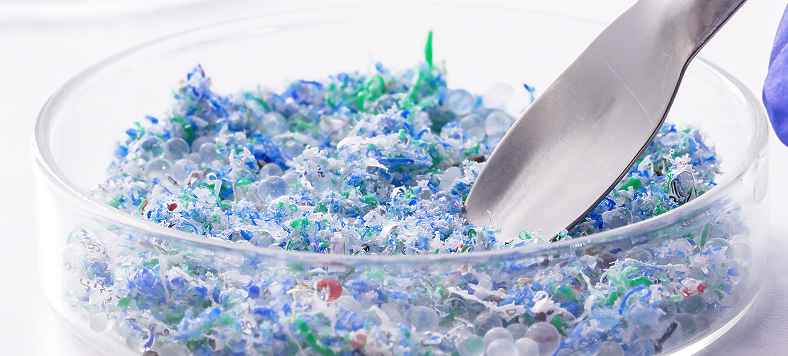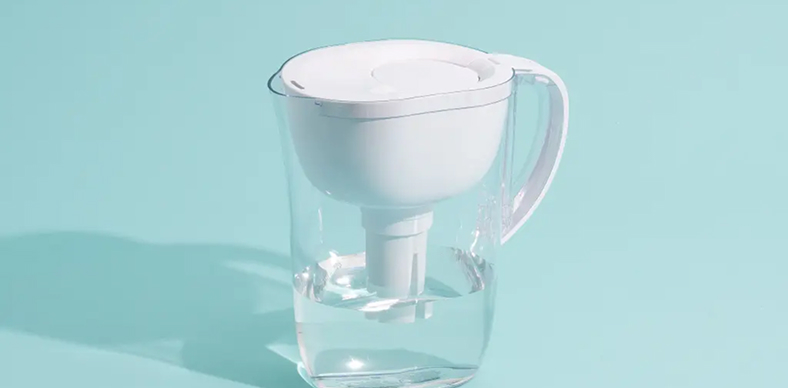Our fight against microplastics in the human body starts here.
SiMPore offers all-in-one particle filters that simplify the testing process and provide superior analysis.
Better analysis means more accurate data—and ultimately less microplastics in your consumable beverage products.
Let us help you optimize your microplastics testing.

Microplastics are in the human body.

7 grams
The amount of plastic found in the human brain
50%
The increase in the amount of plastic in brain tissue in 2024 when compared to 2016
4.5x
The likelihood of people with microplastics in their carotid artery to experience stroke, heart attack, or sudden death within 3 years
Sources:
Nihart, A.J., Garcia, M.A., El Hayek, E. et al. Bioaccumulation of microplastics in decedent human brains. Nat Med 31, 1114–1119 (2025). (Link)
Microplastics and Nanoplastics in Atheromas and Cardiovascular Events; N Engl J Med 2024;390:900-910, VOL. 390 NO. 10 , March 6, 2024 ; (Link)
Raising health concerns for consumers—and regulators.
Recent studies have suggested that microplastics may be linked to conditions like...
Irritable Bowel Disease
Chronic Inflammation
Cardiovascular Disease
Autoimmune Disorders
Dementia
Neurological Disorders
Source: Vanetti et al. Effects of microplastics on the immune system: How much should we worry?, Immunology Letters, Volume 272, 2025, 106976, ISSN 0165-2478; (Link)

Ingestion is the primary way microplastics enter the body.
Beverages
Salt
Seafood
Plastic Packaging
But reliable, scalable testing for microplastics
in consumable products is challenging.
Microplastic Testing Challenges
Identification &
Quantification
Microplastics can be difficult to identify and distinguish from natural particles without sophisticated instrumentation and techniques
Collection &
Contamination
The ubiquity of microplastics in our environment poses risks to contamination of specimens, and current methods may lead to both false positives and false negatives, decreasing the accuracy of results
Inflexible &
Time-Consuming
Current testing isn’t flexible enough for different methodologies to be run on the same sample, requiring multiple tests, leading to inefficiency of time and materials
Size & Diversity
of Particles
Particles range in shape and size, making accurate capture challenging. In particular, <10 µm sized particles may pose the most health risk to humans
That’s Where We Come In...
Why Choose SiMPore for Your Microplastics Research?
Efficient
Generates data 3x faster than the competition
Flexible
Supports 5+ different analysis types
Reliable
Less variability & greater precision
SNAP: Silicon Nanomembrane Analysis Pipeline
Our patent-pending technology enables multiple analysis methods with the same particles, on the same filter.
Consistent & predictable pore geometry: identical reported porosity, pore size, and pore count across every membrane subsection
Wide range of available pore sizes: explore the particles of greatest interest, from 0.5 to 20.0 µm and larger
Durability across multiple conditions: no need for time-consuming, contamination-prone particle transfer
Rigid, robust design: no additional support structures required
Faster processing and analysis of results: Concentrate particles of interest into a small membrane surface to reduce overall total analysis time
Uniform focal plane across the filter: No membrane wrinkling that disrupts automated particle imaging routines




